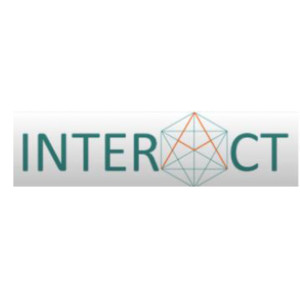 \
&
Contact us
\
&
Contact us
 \
&
Contact us
\
&
Contact us
Starts in 1 day from now
Locationonline
ProgrammesThis webinar is organised by the GenderSAFE project and delves into why cases of gender-based violence in academia often remain invisible, unspeakable and un(der)reported especially when they intersect with other forms of discrimination. Drawing on research and practice, the invited speaker Dr. Bontu Guschke will unpack how different barriers hinder reporting, while also highlighting strategies for more inclusive, transparent and intersectionality informed reporting systems. In conversation with trainer and educator Sara Hassan, Dr. Guschke will offer critical insights and practical recommendations for creating safer, more responsive institutional environments.
Learning objectives
Who is it for?
The training is designed for anyone interested in or working with anti-discrimination and equality structures in higher education, such as:
Registration for this webinar is required. All information related to this webinar including the registration form can be found in the announcement on the GenderSAFE website.
We offer news and event updates, covering all domains and topics of Horizon Europe, Digital Europe & EDF (and occasionally, for ongoing projects, Horizon 2020).
Stay informed about what matters to you.
By signing up, you can opt in for e-mail notifications and get access to
a personalised dashboard that groups all news updates and event announcements in your domain(s).
Only for stakeholders located in Flanders
Health AI Continent Deployment: Best use of technologies

Professor Inez Germeys leads the Center for Contextual Psychiatry at KU Leuven, which is a large multi-disciplinary research group focusing on the interaction between the person and the environment in the development of psychopathology. She has received a European Research Council (ERC) Consolidator grant (INTERACT) and Proof of Concept grant (IMPACT). With these grants professor Germeys and her team researched a new mobile self-management therapy for patients with a psychotic disorder. The Acceptance and Commitment Therapy in Daily Life (ACT-DL) was further developed for the clinical environment. In line with that the Horizon 2020 IMMERSE project aims to thoroughly evaluate strategies, processes, and outcomes of implementing a digital mobile mental health solution.